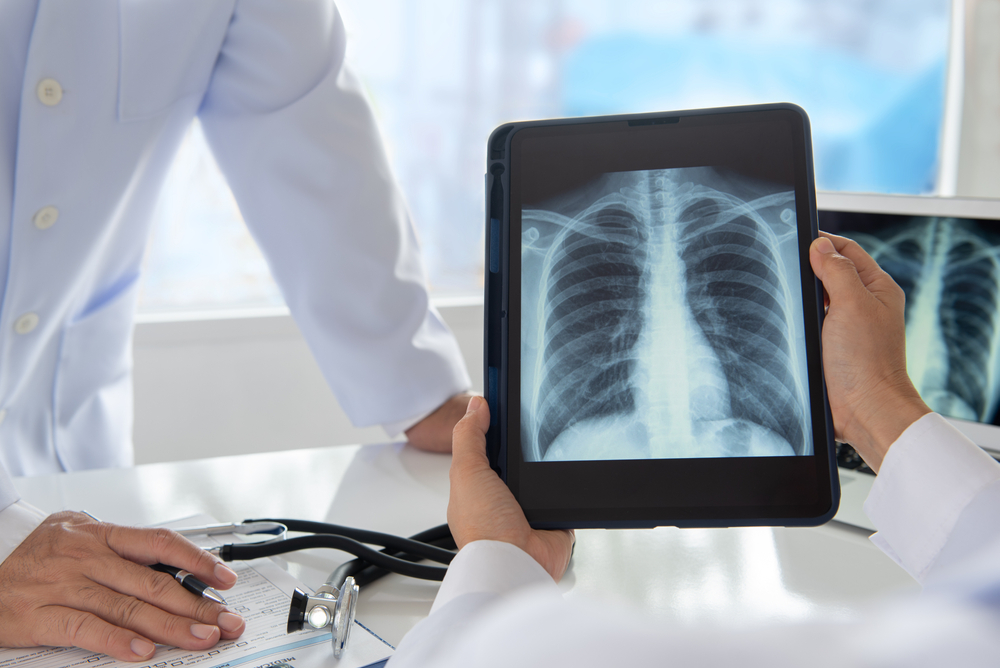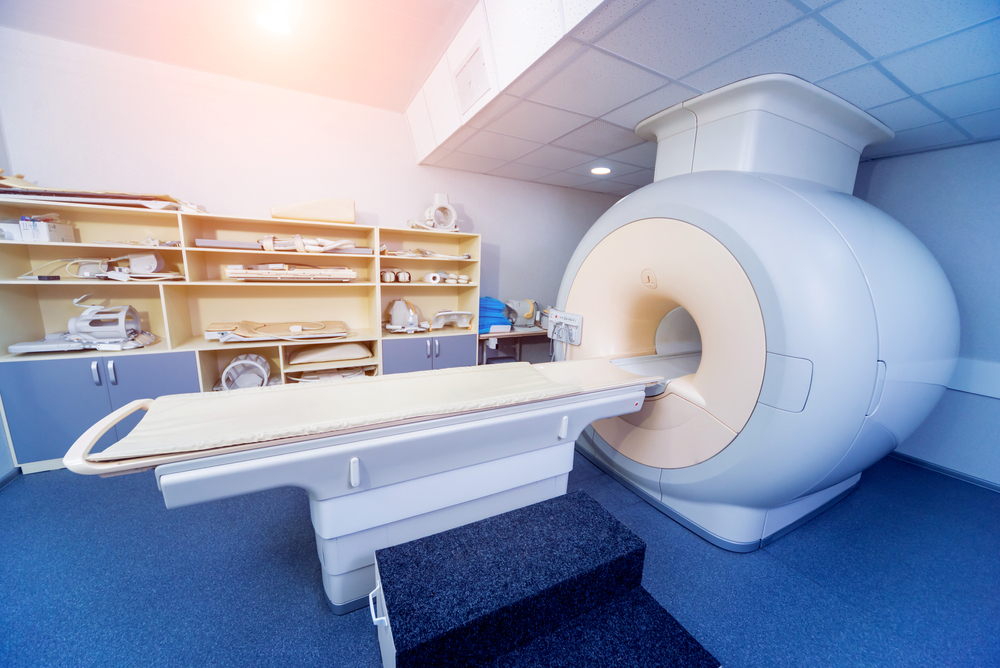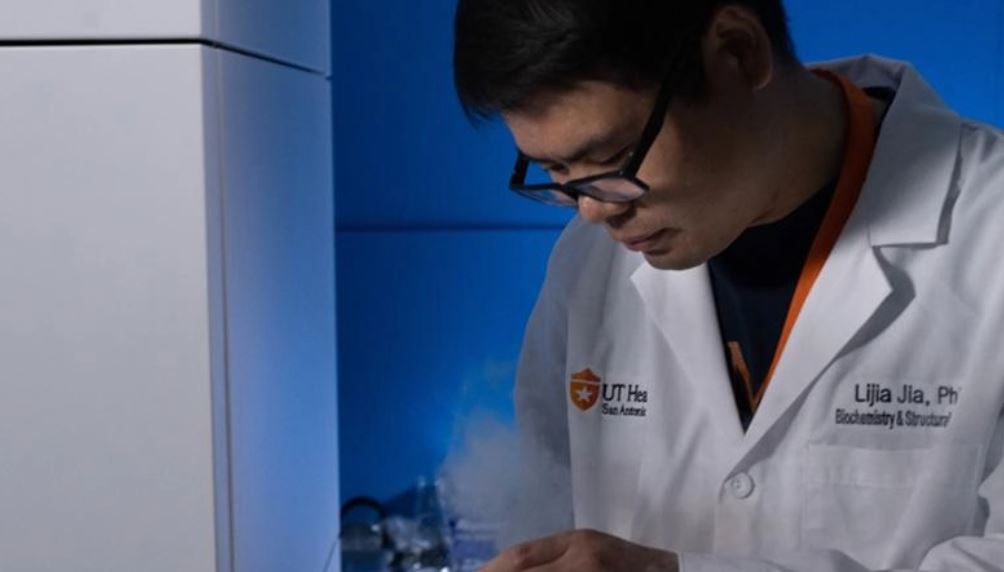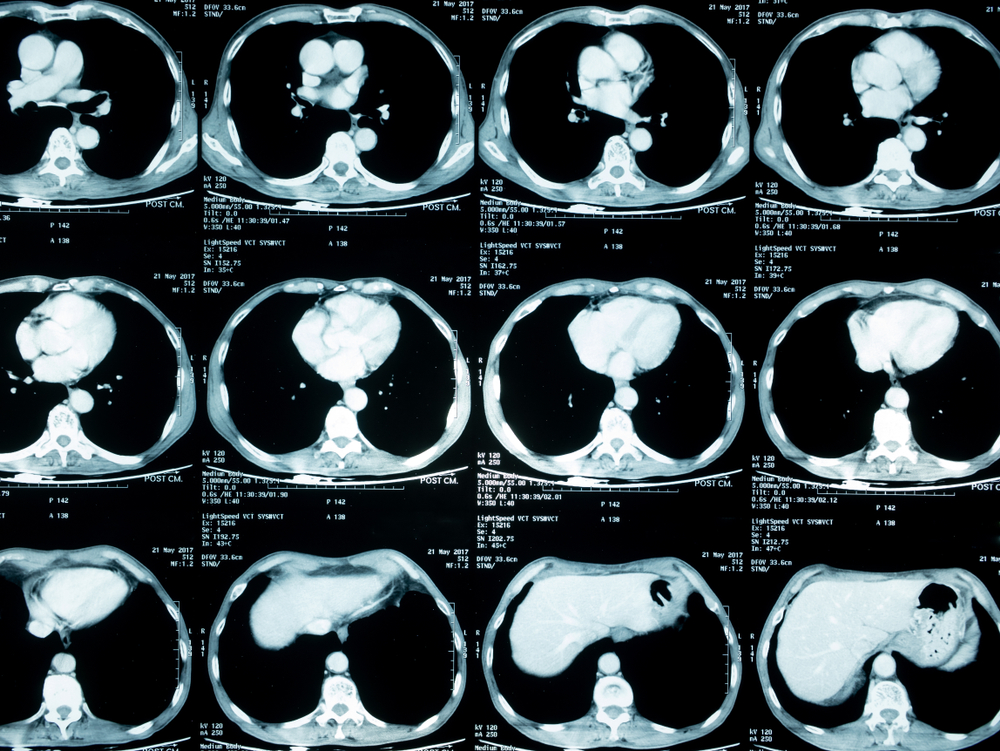Science
Reducing Pain at the Radiology Workstation
A survey recently published in Academic Radiology and led by Dr. Helena Bentley, University of British Columbia, Vancouver, provides 8 ways to help reduce musculoskeletal pain and discomfort from the radiology workstation. The team noted that familiarity with ergonomics is linked to decreased musculoskeletal pain. So the radiologist community with more knowledge of ergonomics…
Read MoreTen Trends in Thoracic Radiology That Point to the Future
With Roentgen’s discovery of the X-ray in 1895, chest radiography and fluoroscopy quickly became the “Gold Standard” of chest imaging for 80 years. As CT, MRI, and PET imaging became mainstream, imaging quality increased dramatically, providing functional data and allowing quantitative assessment. Massachusetts General Hospital’s radiologist, Theresa McLoud, MD, and Mayo Clinic Florida’s Brent Little,…
Read MoreTrauma CT Scan Volume Fluctuations from Pre-Pandemic to Post-Pandemic Times
The volume of trauma CT scans fluctuated when compared to pre-COVID data, COVID-19 social-distancing orders, and the post-pandemic period — according to researchers at the University of California, Irvine, in a study published online in Emergency Radiology. The study was led by radiologist Roozbeh Houshyar, MD, and his colleagues. They followed CT trauma volume…
Read MoreUT Health San Antonio Offers New MS in Imaging Sciences
The School of Health Professions at the University of Texas Health Science Center at San Antonio (UT Health San Antonio) recently announced its plan to introduce the first Master of Science in Imaging Sciences. The program offers training for imaging technologists in radiography, computed tomography (CT), and magnetic resonance imaging (MRI). According to program director…
Read MoreOnly 5.8% of People Eligible Receive Lung Cancer Screening
The American Lung Association’s 5th annual “State of Lung Cancer” revealed that only 5.8% of the Americans eligible for low-dose CT lung cancer screening had been screened. The US Preventive Services Task Force guidelines recommendations are: Have a 20-pack-year history (1 pack/day for 20 years, 2 packs/day for 10 years) Are a current smoker or…
Read More



